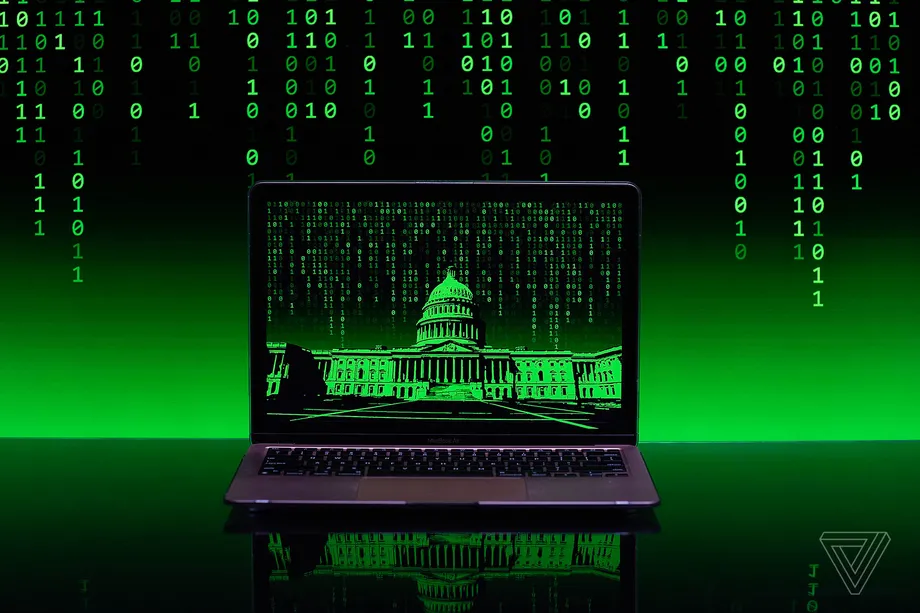The United States, the European Union and 32 other non-EU countries announced a “Future of the Internet Statement” that sets priorities for building an “open, free, global, interoperable, reliable and secure” network. The goal is accessibility, net neutrality and removal of illegal content without restricting freedom of expression – combining such tasks would be very difficult.
The three-page statement states that the signatories are “combined with a belief in the potential of digital technologies to promote communication, democracy, peace, the rule of law, sustainable development, and the enjoyment of human rights and fundamental freedoms.” Of course, democracy advocates argue that “access to the open Internet has been constrained by some authoritarian governments and online platforms, as well as the more widely used digital tools to suppress freedom of expression and other human rights and fundamental freedoms.”
The highly politicized document stresses that the Internet must be decentralized and provide global connectivity, and that countries must “avoid undermining the technical infrastructure necessary for the basic accessibility and integrity of the Internet.” According to The Verge, he indirectly criticized the so-called splinternet, where, unlike the West, countries with their own political agenda limit the operation of services and block online access. However, contrary to declarations, such actions are often resorted to by the USA and the EU themselves.
While there was no mention of the need for laws prohibiting private ISPs from engaging in such practices, the signatories specifically agreed to maintain net neutrality and “avoid blocking or disrupting access to legitimate content, services, and applications.” According to The Verge, it is not yet known how all these rules will comply with laws such as the British Online Safety Act, which requires companies to reduce the visibility of “legal but harmful” online content, and how the latter might be consistent. Along with the principles set out in the declaration, who will determine the legality of certain materials at the international level.
While many of these principles have been discussed over and over, the new document addresses new challenges such as “reducing the environmental impact of the Internet and digital technologies as much as possible” – this is especially true in a world where countries exist, for example. legalize cryptocurrencies and mining. Despite its rather high-profile title, the paper does not provide a clear understanding of how states will practically shape the “contours” of the future Internet. Source









![WhatsApp not working: messaging app fails in some parts of the world [Actualizado] WhatsApp not working: messaging app fails in some parts of the world [Actualizado]](https://i.blogs.es/1a195c/dima-solomin-upbkrmhjrci-unsplash/840_560.jpeg)



